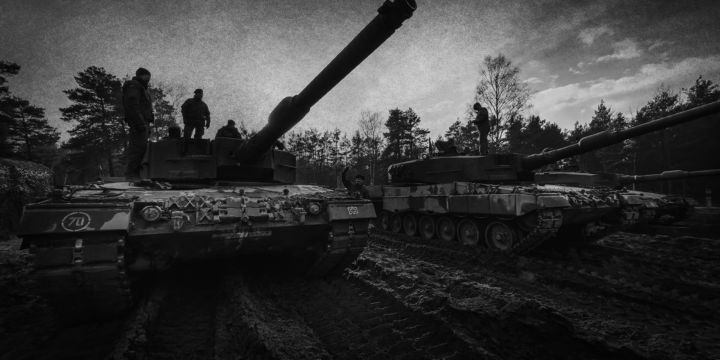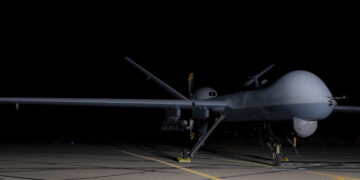June 5, 2020
Troop reduction in Germany helps rebalance security responsibilities in Europe
By Enea Gjoza
FOR IMMEDIATE RELEASE:
June 5, 2020
Contact: press@defensepriorities.org
WASHINGTON, DC—Today, The Wall Street Journal reported that President Trump is reducing the U.S. troop presence in Germany by 9,500. The president is also capping U.S. forces in Germany to 25,000 from the 34,500 permanently stationed there. Defense Priorities Senior Fellow Enea Gjoza issued the following statement in response:
“This reduction appropriately rebalances away from Europe—which is prosperous and relatively secure—and shifts the burden of joint security responsibilities to allies who can afford it. Those who lament this decision as a dangerous signal of weakening U.S. commitment to Europe fail to point to any concrete problem that it will cause. That is because the current U.S. military presence in Germany is a relic of the Cold War, when the Soviet Union posed an existential threat to Western democracies weakened by World War II. Today, the EU’s GDP is 11 times greater than Russia’s, and EU nations collectively outspend Russia five to one on their militaries. There is no threat to Europe meriting a large U.S. ground presence on the continent.
“Any potential threat Europe faces can be comfortably handled by NATO Europe states, who are for the most part wealthy and technologically advanced. But allies have limited incentive to do more as long as the U.S. maintains a large presence on the continent. Six years after agreeing to spend 2 percent of GDP on defense, only six of NATO’s 29 non-U.S. members have met that threshold.
“The troops withdrawn from Germany should be returned to the U.S., rather than deployed to Eastern Europe, where they would again take up duties NATO Europe militaries should be performing. As the U.S. economy struggles in the wake of the coronavirus, the U.S. should implement a long-overdue, broader drawdown of its military presence in Europe. The savings realized can be applied to other priorities demanding scarce Pentagon resources.”
More on Europe

July 2, 2025

Featuring Jennifer Kavanagh
June 24, 2025

June 16, 2025
Events on Europe and Eurasia






